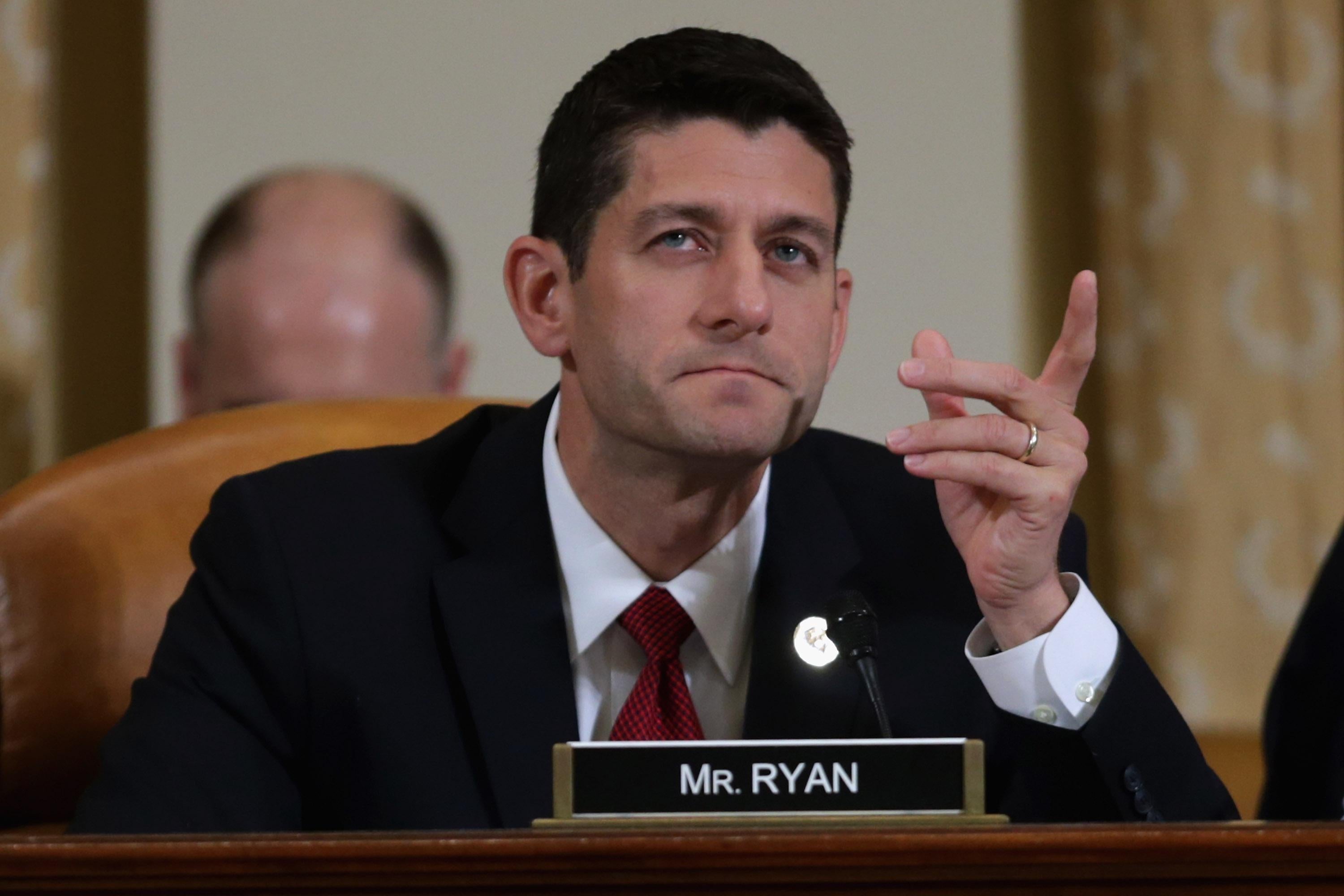It’s no secret that Paul Ryan opposed the 2011 “grand bargain,” the unicornlike deal to raise some taxes, cut down entitlements, and pilot Americans back to the land of milk and honey. Ryan voted against the Simpson-Bowles commission plan. Ryan opposed the “Gang of Six” vision of cuts-n-revenue that emerged in the waning days of the debt fight. And Ryan opposed the Boehner-Obama negotiated settlement on the grounds that it would essentially re-elect the president and raise taxes.
The Budget conference committee met today, its only public meeting before the backroom negotiations begin. Before it met, Ryan appeared on CNBC to talk over his ideas.
If we talk about some big, grand bargain—which to me means fundamental pro-growth tax reform, good energy policy, balancing the budget, and getting our debt under control by reforming our entitlements that are going bankrupt—that to me is a grand bargain. I don’t think we’ll get a grand bargain. And we’re not talking about getting a grand bargain because then one party will require that the other compromises a core principle, and we won’t get anything done.
And this morning, Ryan translated that into meeting-speak.
Taking more from hardworking families just isn’t the answer. I know my Republican colleagues feel the same way. So I want to say this from the get-go: If this conference becomes an argument about taxes, we’re not going to get anywhere. The way to raise revenue is to grow the economy. We need to write a tax code that encourages economic growth—not stifles it. And luckily, Democrats and Republicans in the House and Senate are working together to do just that. Today, our tax code is full of carve-outs and kickbacks. We need to get rid of them—and those bipartisan talks are just the way to do it.
There we go. Condolences, Fix the Debt.
